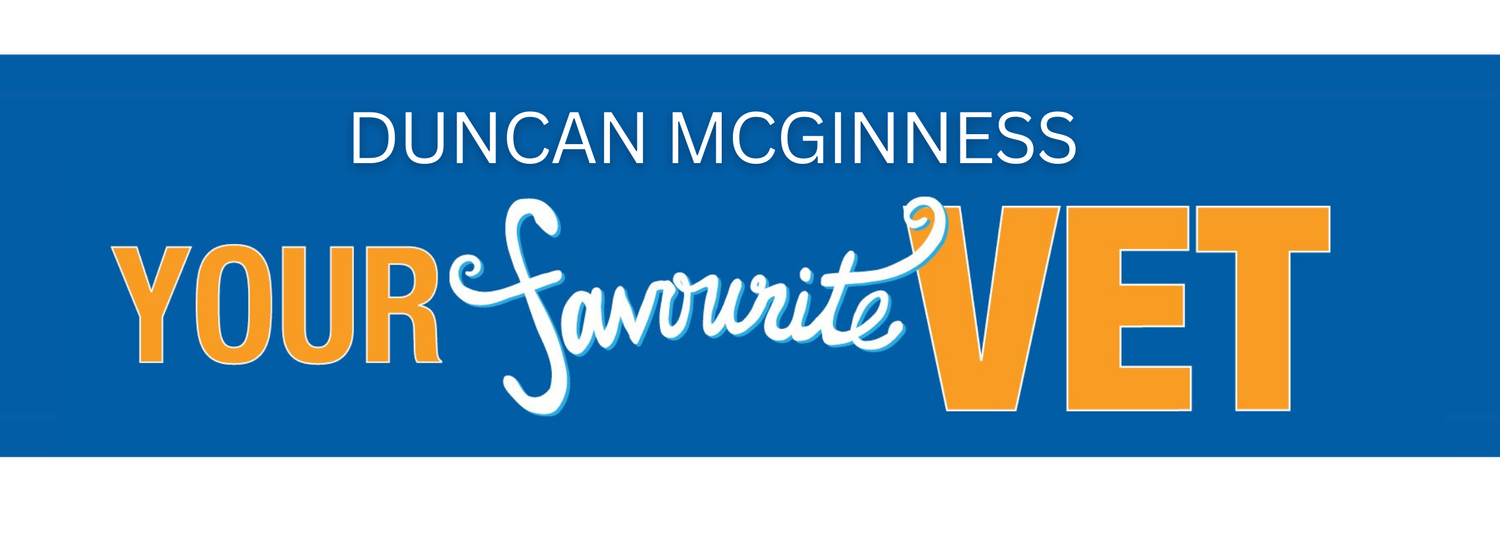Signs of Parvovirus in Dogs
Recognise symptoms early
Parvovirus is a life-threatening viral disease which only infects dogs and is particularly dangerous to puppies.
Symptoms of Parvovirus
Initially, the dogs will become lethargic and lose interest in food.
Vomiting begins causing sudden weight loss due to rapid dehydration.
A characteristic foul smelling diarrhoea follows and may contain blood.
What to do if you think your dog has Parvovirus?
ACT NOW. Contact the vet clinic immediately.
It is imperative to recognise the signs in your dog early so treatment can start before the worst of the disease sets in. Parvovirus may be fatal in as little as 24 hours. Always CALL the Vet prior to arriving so we can give you the best advice and abide by infection protocols.
How do dogs catch Parvovirus?
The virus can remain in the soil and environment for more than 5 years after contamination by an infected dog. Public parks and places where dogs congregate are common sources of this infection for dogs. Parvovirus infection is something we consistently see in Dubbo, with severe outbreaks common as well.
How does Parvovirus make dogs sick?
Parvovirus attacks rapidly growing cells in the body, and so it attacks the gut lining, bone marrow (including the cells of the immune system) and the spleen.
What is the rate of survival of dogs with Parvovirus?
The disease devastates puppies because they are rapidly growing and their immune systems have not developed enough to fight infection. It also prevents the body’s immune cells from responding, even in adult dogs. Parvovirus infection can kill up to 50% of infected puppies, and will kill over 95% of those that do not receive treatment. Here at DMVS we see and treat a lot of cases of parvovirus. We are very successful in the treatment of puppies that we see early on in the disease, and have a very good rate of survival with treatment. The puppy's survival depends on a number of factors, such as age and whether any vaccinations at all have been given (e.g. at 6-8 weeks of age).
The earlier we see these pups will greatly influence their chance of survival.
When is a Parvovirus Infection likely to occur?
Most infections occur in spring, summer and autumn, with only occasional outbreaks occurring in mild winters. Rain can bring the virus out of the soil and when combined with fly activity, may be the cause of an outbreak.
The incubation period for the virus is 4-7 days from the time the dog is first exposed. During this incubation period, the dog will have a period of time where it appears healthy but is spreading the virus in its faeces.
Treatment for Parvovirus
Most of the time, dogs can be treated for Parvorius and survive. We treat many cases of parvovirus successfully.
Treatment involves intensive care and isolation with aggressive fluid therapy and support with a number of strong antibiotics. Some puppies unfortunately do still die, but most of them are well enough to go home in around 5 days.
How can I protect my dog from Parvovirus?
Vaccination
Please visit our Annual Vaccine Review page for more information on Vaccinations available.
Full protection does not occur until 10 days after the last vaccination is given, so isolate your pet until after this period.
Rottweiler and Doberman pups are especially susceptible to parvovirus so extra care must be taken with these breeds.
How often do I need to vaccinate my pet against Parvovirus?
Three puppy vaccinations are required, the first being at 6 to 8 weeks of age and the second 10-12 weeks of age, and the third at 14-16 weeks.
Yearly booster vaccines are required to ensure your dog is always protected. While puppies are the most susceptible to parvovirus, adult dogs can occasionally succumb to this disease also.
Tips to avoid your dog getting Parvovirus
Only buy vaccinated puppies
Keep unvaccinated animals away from other dogs
Keep the pups isolated until 10 days after the final vaccine has been given
Avoid exposing pups to previously contaminated yard
Socialise your puppy in a known safe area, such as at puppy pre-school
If concerned, contact the surgery directly on 02 6884 9900 or call your nearest AFTER HOURS EMERGENCY clinic.

